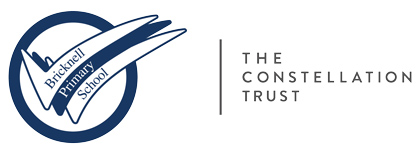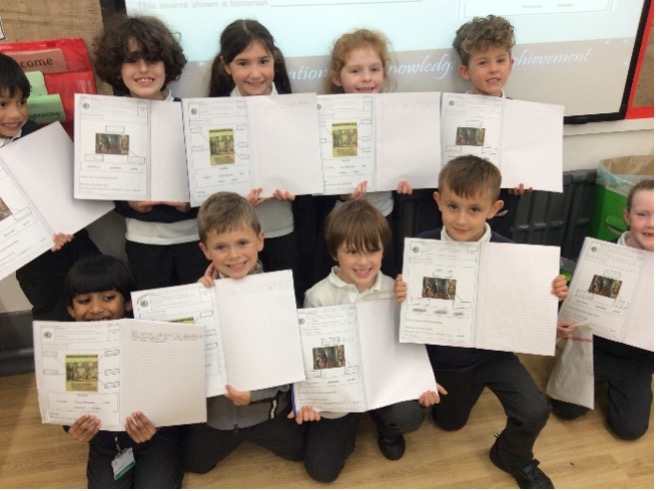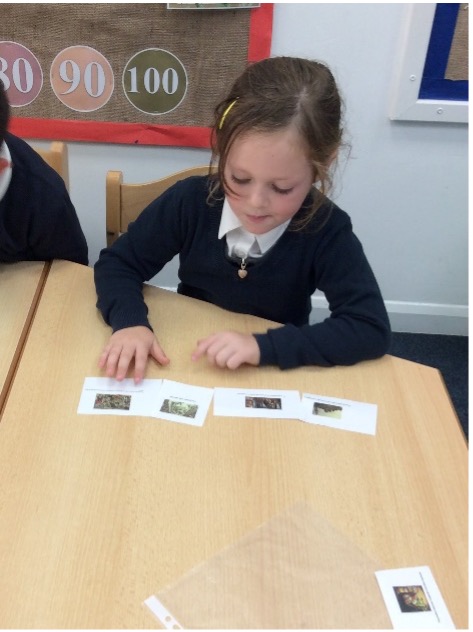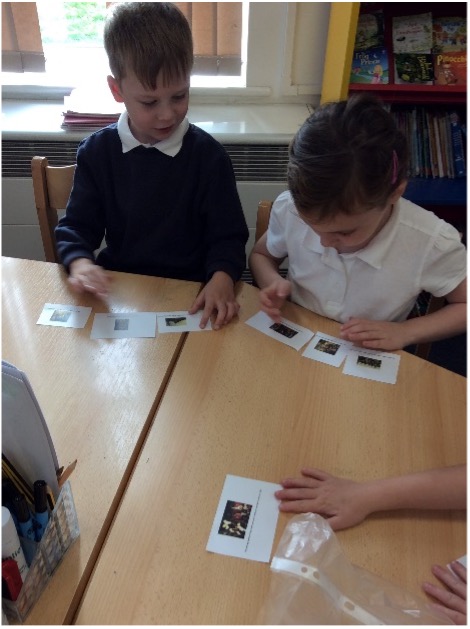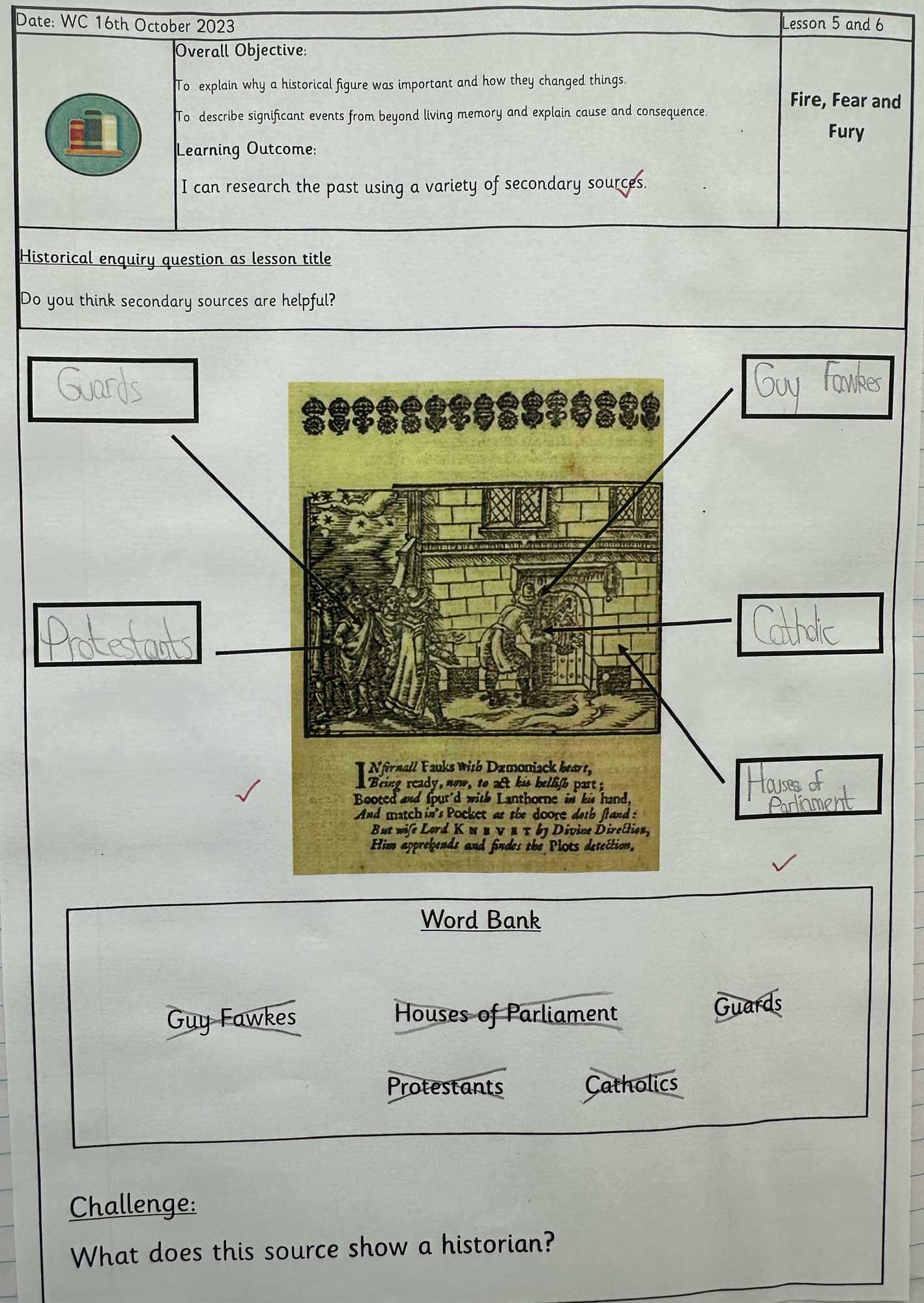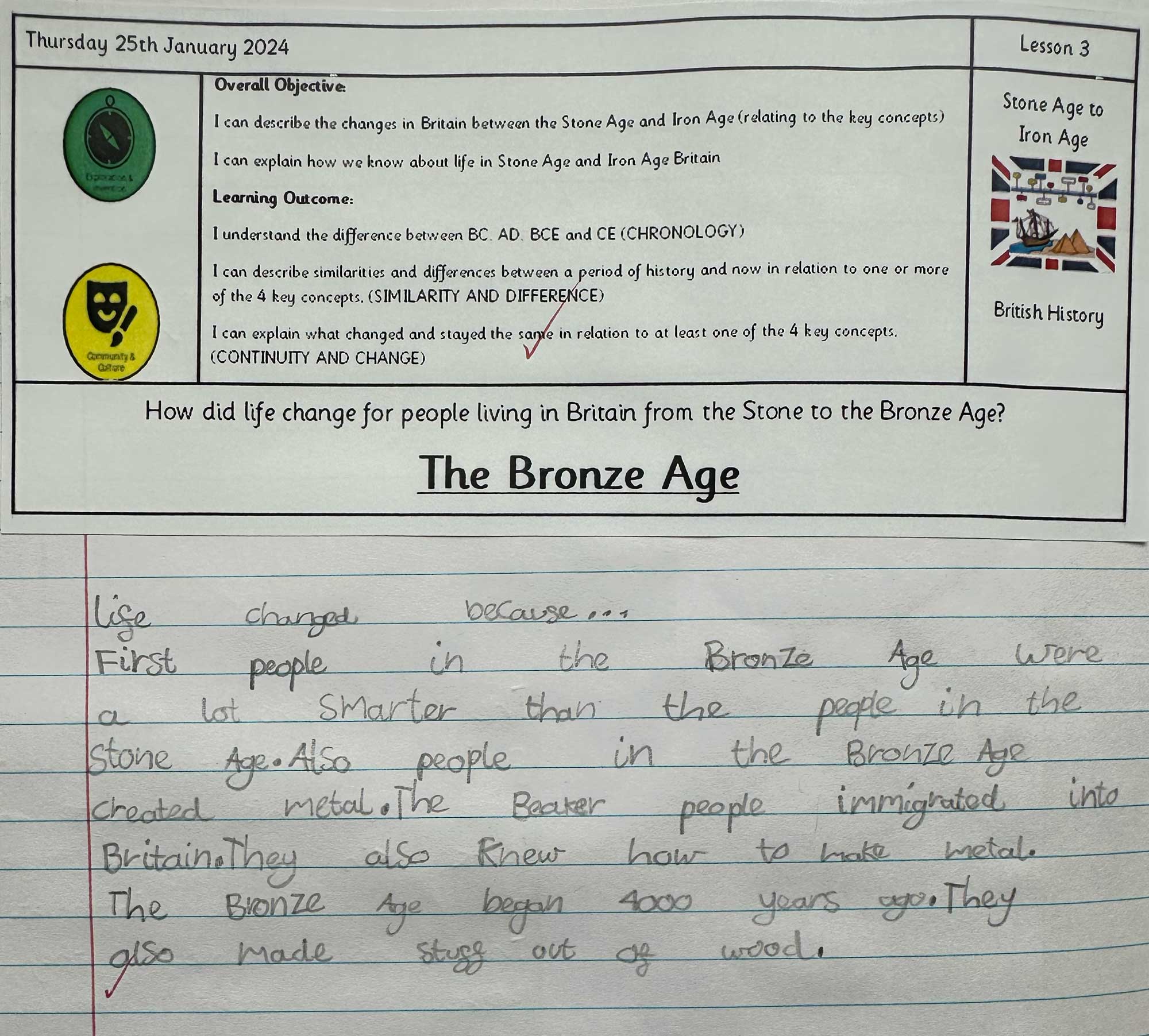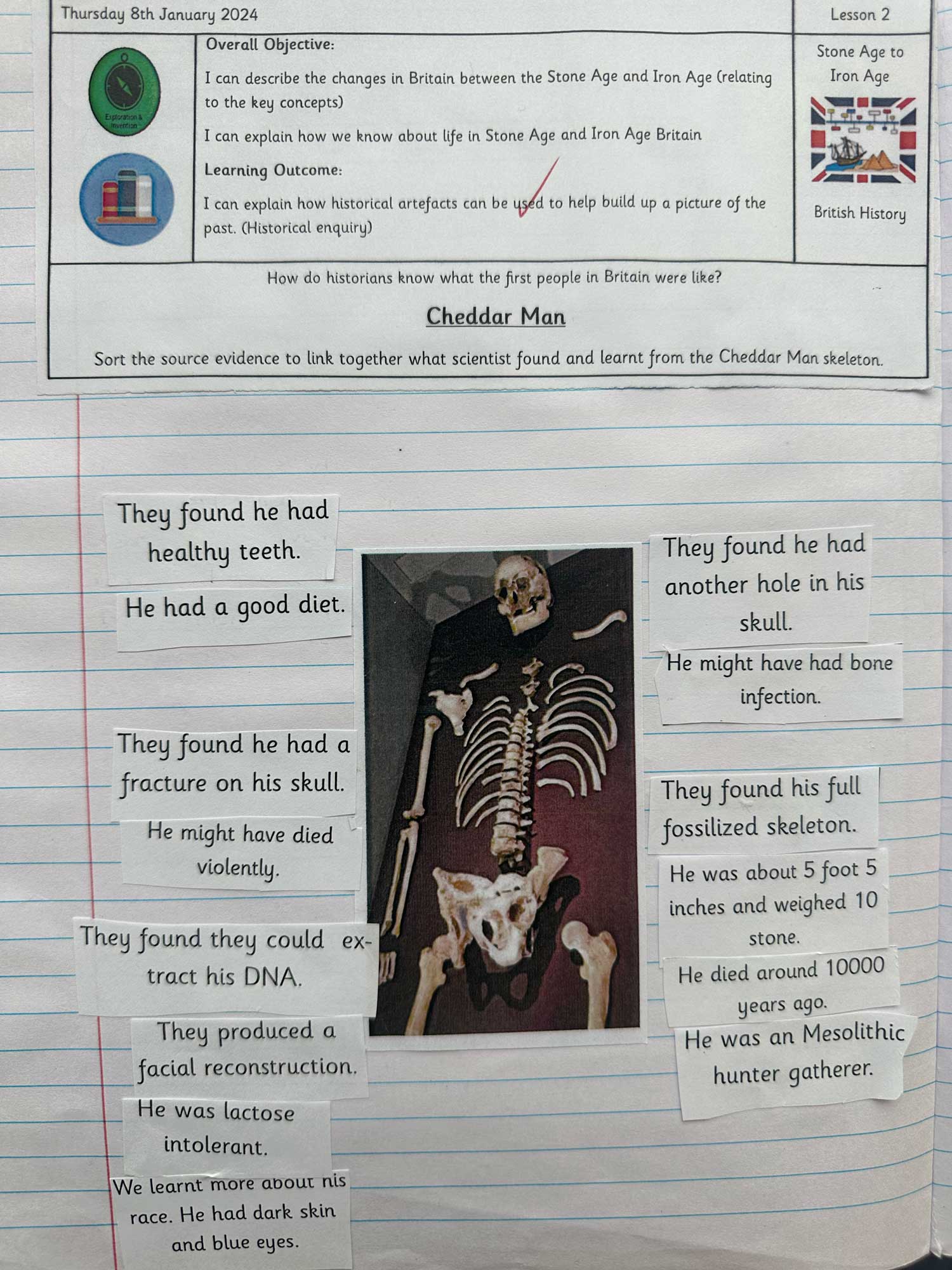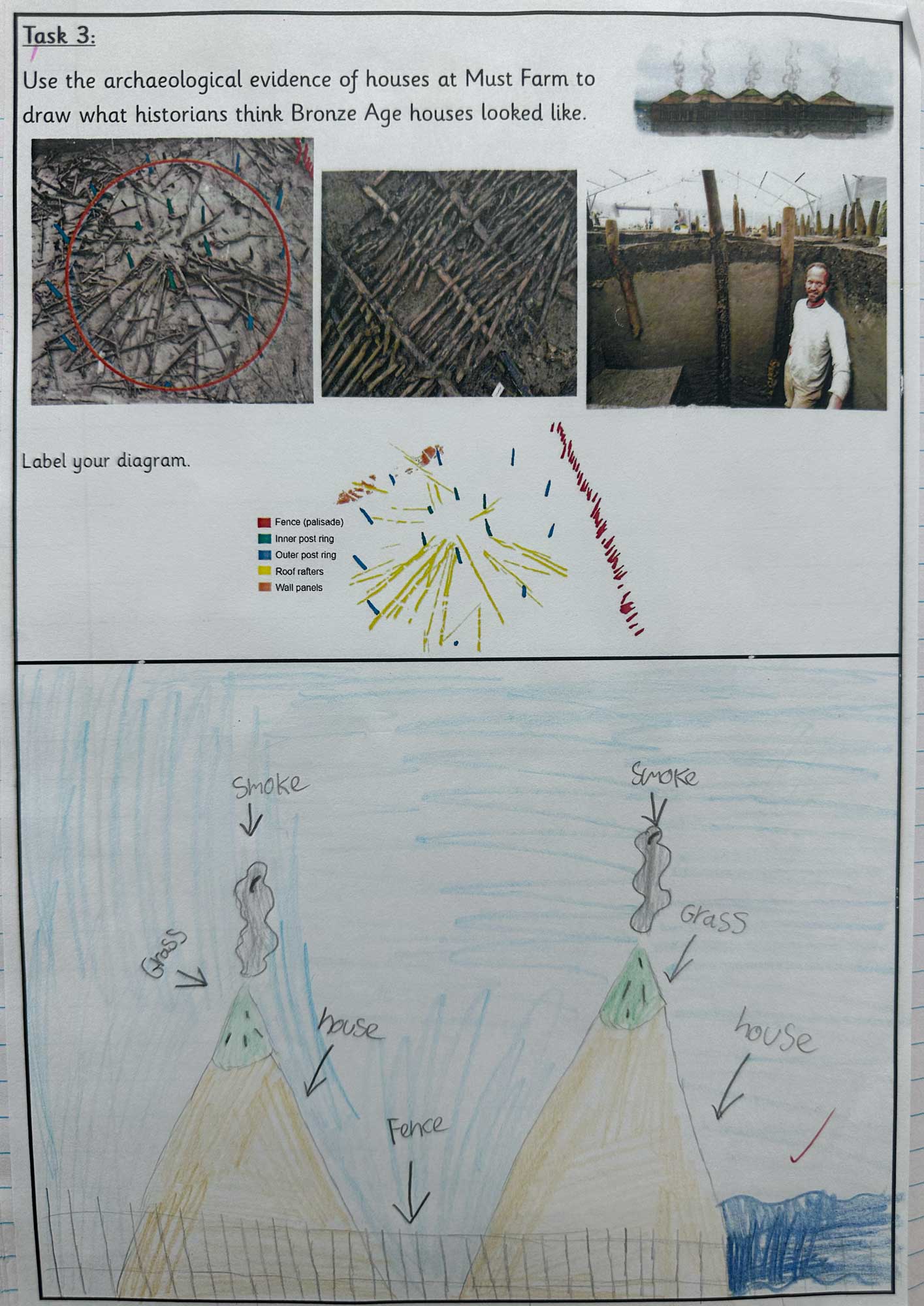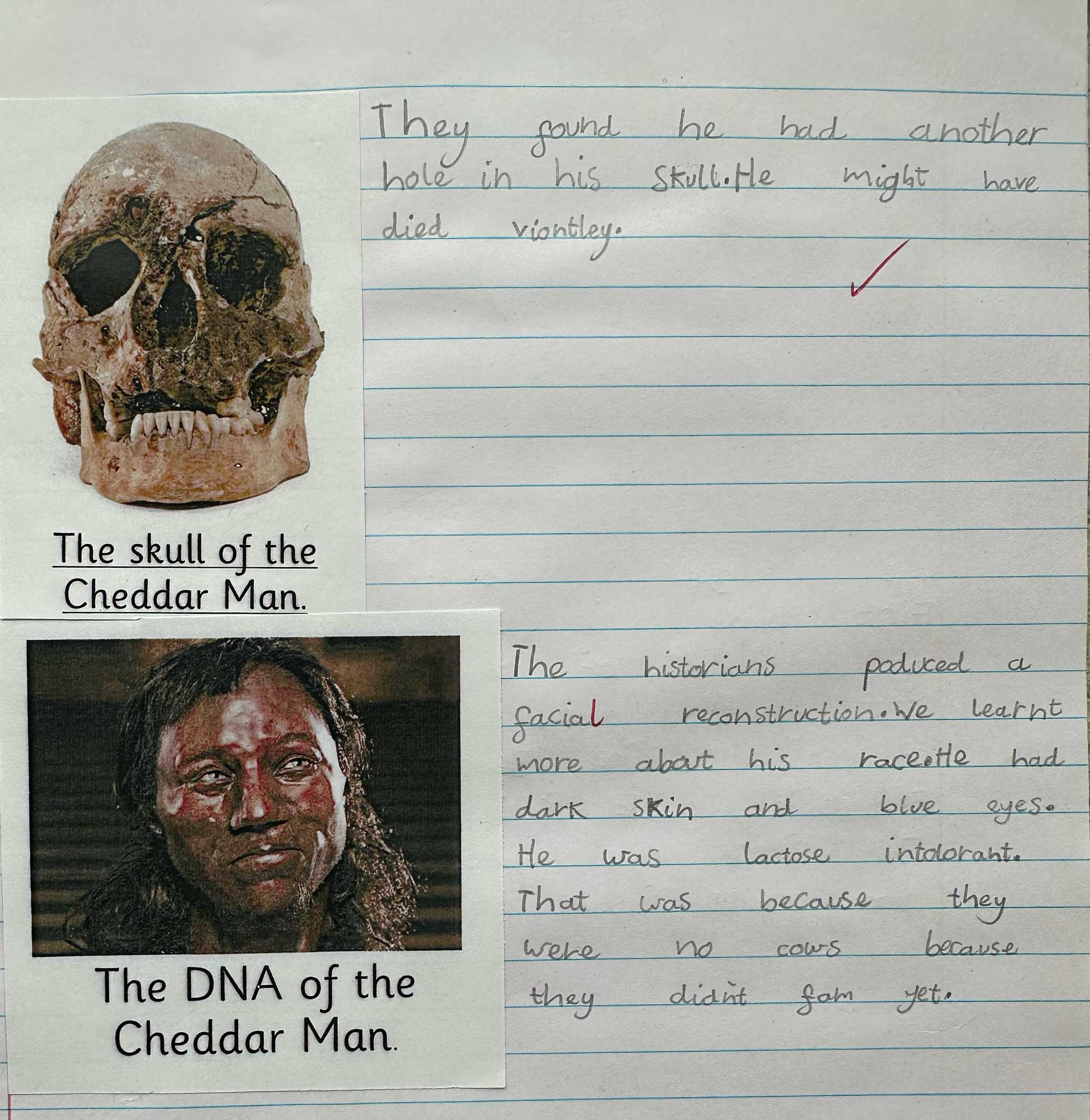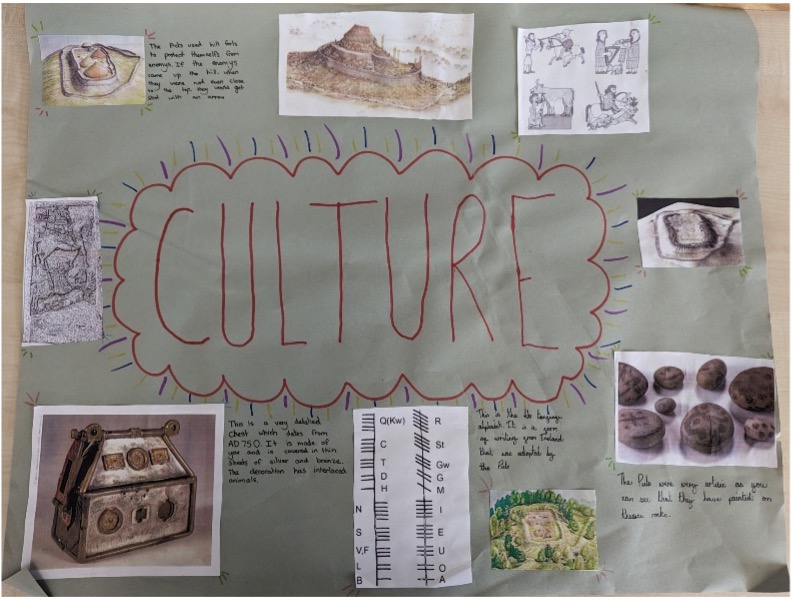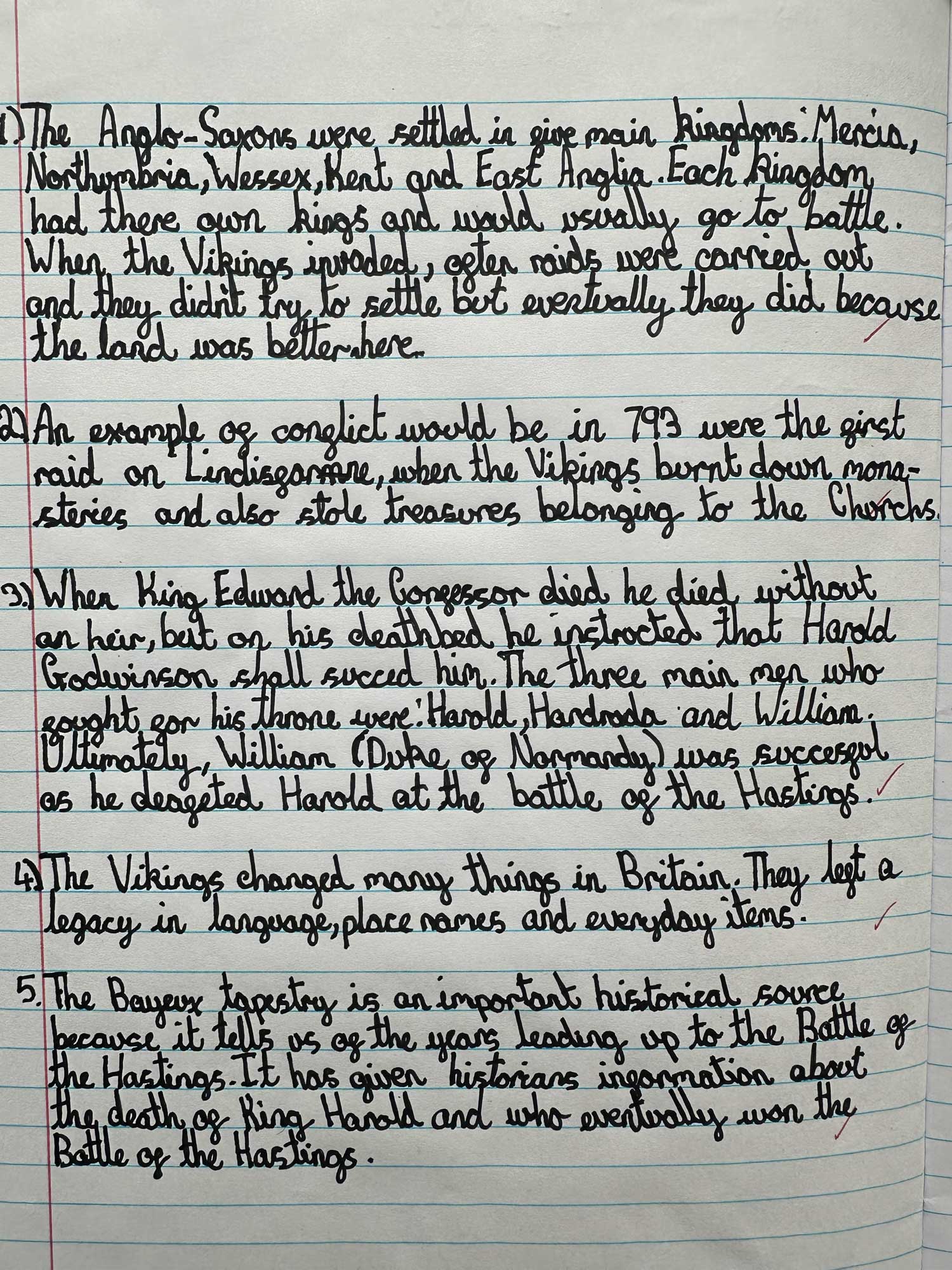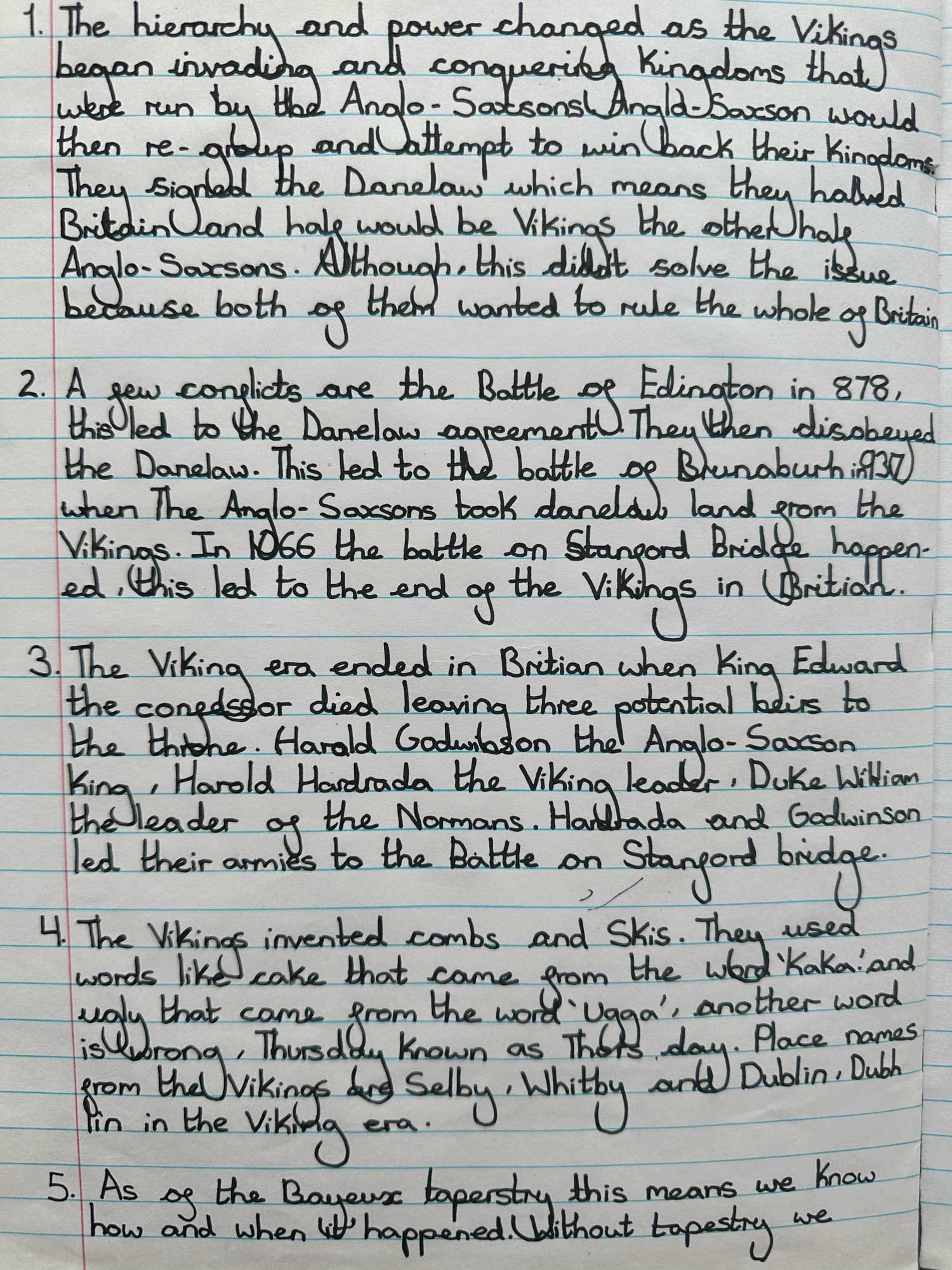At Bricknell Primary School, historical enquiry is central to our curriculum, equipping pupils with skills that go beyond learning facts. We aim to foster curiosity and critical thinking by encouraging children to ask meaningful questions, analyse evidence, and explore multiple perspectives.
Lessons guide pupils in framing thoughtful questions about the past and understanding history as a series of interconnected stories. Through examining primary and secondary sources, children learn to differentiate between fact and opinion, recognise bias, and weigh evidence to construct well-supported arguments.
Our approach also involves evaluating different viewpoints, engaging in debates, and forming reasoned judgements. This helps pupils develop a well-rounded perspective on how societies and beliefs have changed over time. Ultimately, historical enquiry at Bricknell not only deepens understanding of the past but also prepares pupils for the future by honing skills like critical thinking and informed decision-making, applicable across all areas of life.


